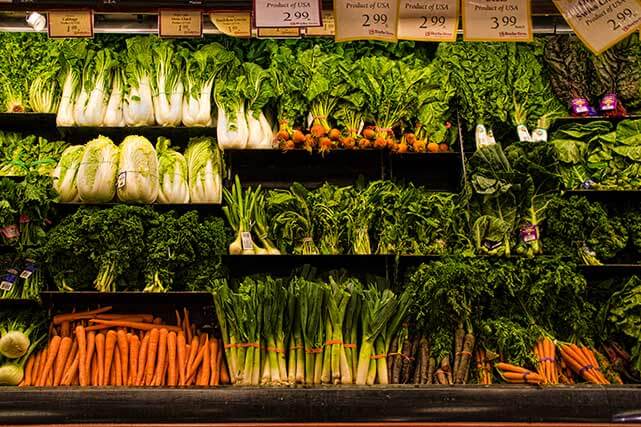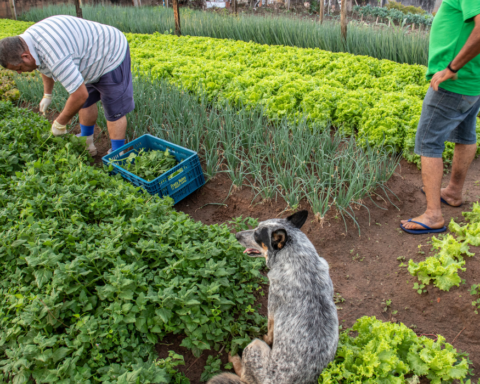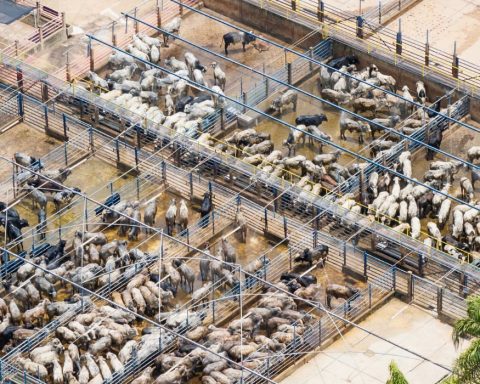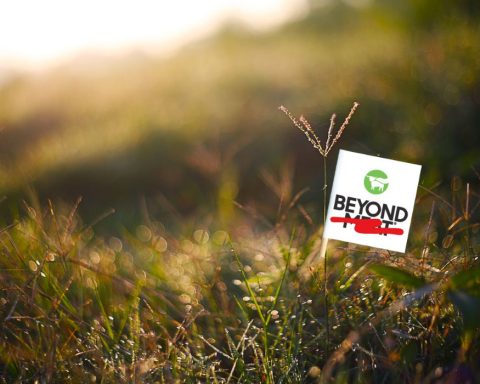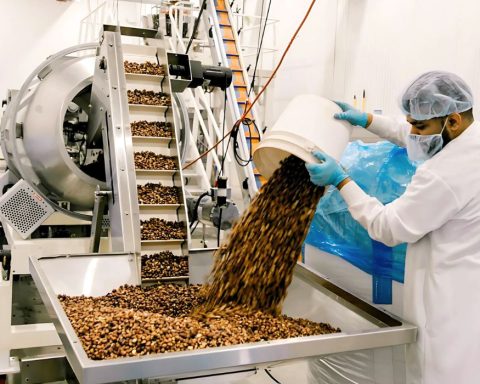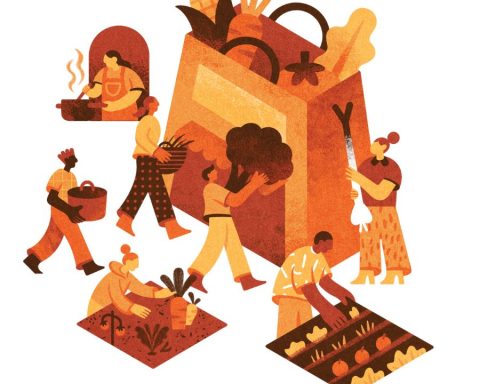While Europe was moving closer to sealing its borders to genetically modified (GM) crops this week, Canada was inking a trade deal with a partner that is eager to expand its biotechnology market.
On Tuesday, European Members of Parliament voted to allow for national-level bans of GM crops, even if they have been approved for EU-wide use. The following day, Agriculture and Agri-food Canada (AAFC) announced a deal to sell $1 billion (CAD) worth of canola – one of Canada’s most genetically modified crop – to China.
It’s no secret that Europeans are not fans of GM food. The European Food Safety Authority currently has to approve all new GM crops before they can be cultivated. So far, it has only approved two crops, one of which was challenged in court and never made it to the field.
Still, some European countries want to have the final say on what crops can be grown on their soil. France passed a law earlier this year, banning the cultivation of all GM crops, saying it poses a threat to the environment.
The Council of the European Union tried to find a compromise by allowing countries to negotiate with specific companies if they wanted to ban a crop. But MEPs voted on Tuesday to bypass this requirement, citing fears of contamination and scientific uncertainty.
The Canadian government said in an e-mail statement that it “opposes this decision, which is not based on sound science.” And some Europeans would agree. Twenty-one of Europe’s most prominent plant scientists wrote an open letter last month warning MEPs to stop blocking GM research on “political” grounds or risk producing sub-par science.
But whether a country supports GM crops or not, contamination poses a real risk to agricultural trade. Once a crop is authorized for commercial use, trace amounts of that crop can turn up in grain, food or feed shipments that are imported into countries where that GM crop is not authorized. This is called low-level presence (LLP), and the Canadian government recognizes it as a growing problem.
“With the increased commercialization of GM crops around the world, the likelihood of LLP entering Canada is expected to increase,” AAFC says on its website.
If an unapproved GMO is detected in a shipment, it can result in product recalls, legal actions and import bans that can have economic consequences for farmers and the food industry, sometimes lasting for years. The Canadian flaxseed industry is still recovering from a contamination incident in 2009. Triffid, a GM variety of the seed, was bred in Saskatchewan in the 1990s but was never commercialized. Traces of the product found its way into shipments to Europe, and Canadian farmers lost access to their largest export market. Efforts are still underway to develop a completely Triffid-free flax variety.
This is why AAFC has proposed a policy that will allow trace amounts of non-approved GM crops to appear in food and grain shipments without penalty. AAFC figures that if another country has approved a GM product using a rigorous scientific process, then it should be okay for Canadians to eat in small amounts. Health Canada says on its website that it supports AAFC in this matter.
But this plan won’t make international trade any easier unless other countries follow Canada’s lead, which is why the Canadian government has established the Global LLP Initiative (GLI), which includes 15 countries committed to developing a policy to minimize trade disruptions caused by GMO contamination.
Agriculture minister Gerry Ritz told the Manitoba Co-operator last November that he was optimistic such a policy would catch on, saying he would “like to see it in place before [he] retires.
At one point, it looked like Canada was working on an LLP agreement with the E.U. The preliminary text of the Canadian-European Union Comprehensive Economic Trade Agreement (CETA) “notes the importance of promoting efficient science-based approval processes, cooperating on [LLP], and minimizing adverse trade impacts of regulatory practices.”
The message from MEPs on Tuesday was loud and clear: no international trade deal is going to get GM foods onto European plates. The national-level ban still needs to be approved by European parliament, but Reuters reported on Tuesday that the European Commission is “confident the law could be in place in 2015.”
In order to achieve its goal, Canada needs to find trade partners that share its views on relaxing GMO policies, and that is exactly what Gerry Ritz is doing. On Wednesday, AAFC declared his trade mission to China a success, saying Ritz “helped deepen the long-standing ties and bilateral relations that will advance the interests of Canadian agricultural producers, processors and exporters.”
A Businessweek article from earlier this year explored the growing demand for high-quality food among China’s urban elite, highlighting a company that delivers organic fruits and vegetables to almost 100,000 customers. Tony Zhang’s flagship Nanhui farm has grown 20 to 50 per cent a year since 2009, and generates as much as $24 million a year in revenue.
Still, Canada will actively engage the Chinese government in a discussion on allowing low-levels of non-approved GMOs in their food imports, AAFC said in an e-mail statement.
And it seems they may have found an sympathetic ear in the Chinese government, which plans to “speed up innovation and application of biotechnology breeding in agriculture….[and] foster a large and strong modern seed industry.” It is also working against negative publicity of GMOs via television, newspapers and internet campaigns, and aiming to create “a social atmosphere which is beneficial for the healthy development of the genetically-modified industry,” the agriculture ministry said in a statement to Reuters in September.
AAFC’s website praises Ritz for his efforts increase market access for Canadian farmers, saying it “has again strengthened Canada’s position as a strategic partner in China’s rapidly modernizing agriculture industry.”
But what it proves more than anything is that when one door closes another inevitably opens.
This article was updated at 4:30 pm on November 14, 2014.


